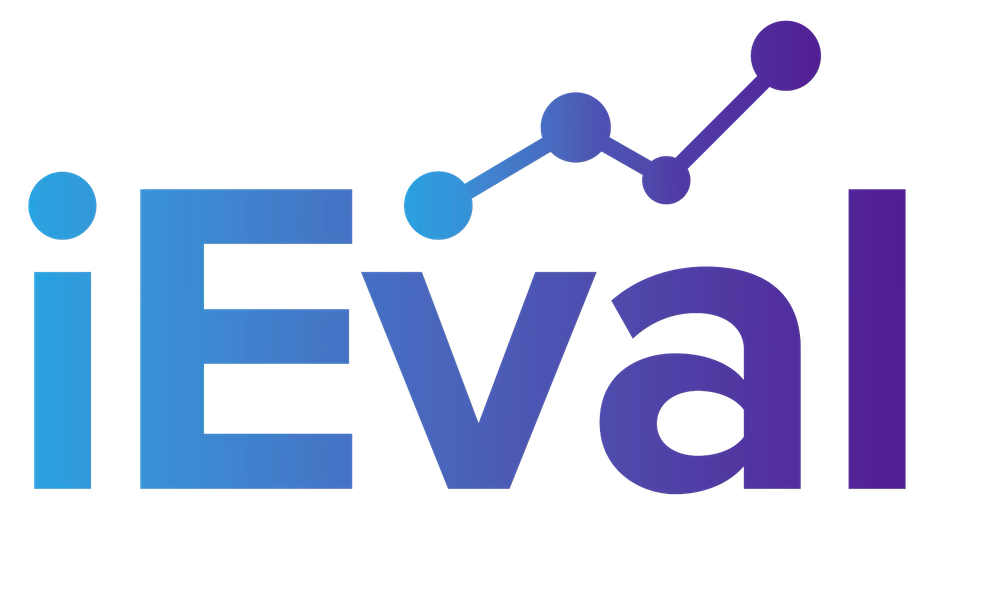This week I have made a connection with a friend who is starting a position with a United Way as their Collective Impact manager. She is a brand new employee, working to “begin” a collective impact project in her county. Oh my, what a beautiful place to be. While there are certainly relationships and history that will need navigation, there is a blank slate with this collaborative cradle-to-career effort. How will she bring stakeholders together to rally around increasing the high school graduation rate? Who will she bring into the room? How will she navigate through the early stages of the project? The “whos” and “whats” are being defined.
In one year, she will reflect back on the hiccups and successes. But at this moment, she is still taking the baby steps and gets to start with a clean slate! It almost sounds magical.
However, week 1 is almost over, and Monday begins week 2, and then 3, and then a month will be under her feet. Time flies, and the opportunity to start fresh can almost pass by without noticing how fleeting it is. As an evaluator being involved in collective impact projects that are years into the process, I recognize the significance of the opportunity before her. Below are a few things I have learned from my years involved in collective impact work…a few pointers that are applicable when you have the opportunity to start anything new.
- Talk to others in your position around the state/country. Making a few phone calls of introduction and information gathering can be invaluable. Asking questions and taking notes about greatest challenges, lessons learned, advice, etc. can be worthwhile, as can saving these contacts and connections as you progress in your project.
- Meet one on one with all of the key stakeholders. Taking the time to have face-to-face meetings with the stakeholders in a project is an excellent start at the beginning of a collaborative relationship. Find out what their investment and interest is in the project, level of enthusiasm, hesitations, and best mode of communication (email, phone, etc.).
- Be proactive in identifying and solidifying data agreements. While data needs will evolve as a project unfolds, forming relationships with school districts and other data administrators will be beneficial for the duration of the project if done right.
- Create a system for tracking decisions to be made, decisions that have been made, and the outcomes. As a project grows and continues, it is useful to have a tracking system that clearly identifies how a project evolved and what decision points were used along the way.
- Be wed to a goal, not a way of doing things. If your project is adopting a process or model, only adopt the aspects that make sense for your work. Stakeholders will resent participating in activities that are repetitive or unclear. Have all work plans tied to clear, identifiable outcome measures and make sure activities are aligned with that.
Of course you only get to start something once, but there is always opportunities for reflection and resets. Make time for those breaths of fresh air in your work to keep it thriving.
KELLEY’S USEFUL TIP: When starting a new project, don’t be afraid to ask lots of questions and admit when you don’t know something. Be smart about gathering the information you need, ask for help when you need it, and track information for further use down the road!

